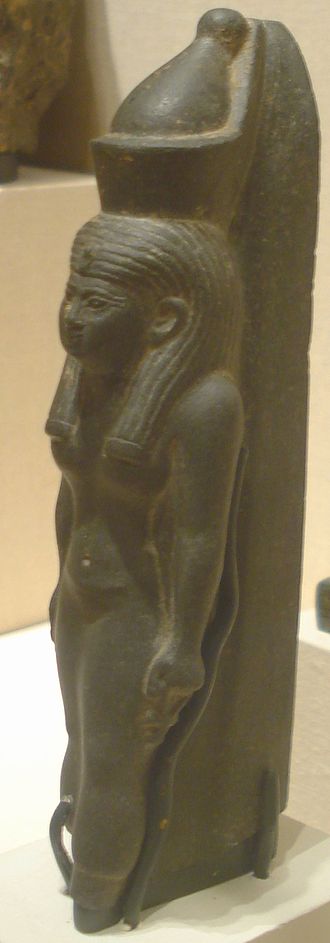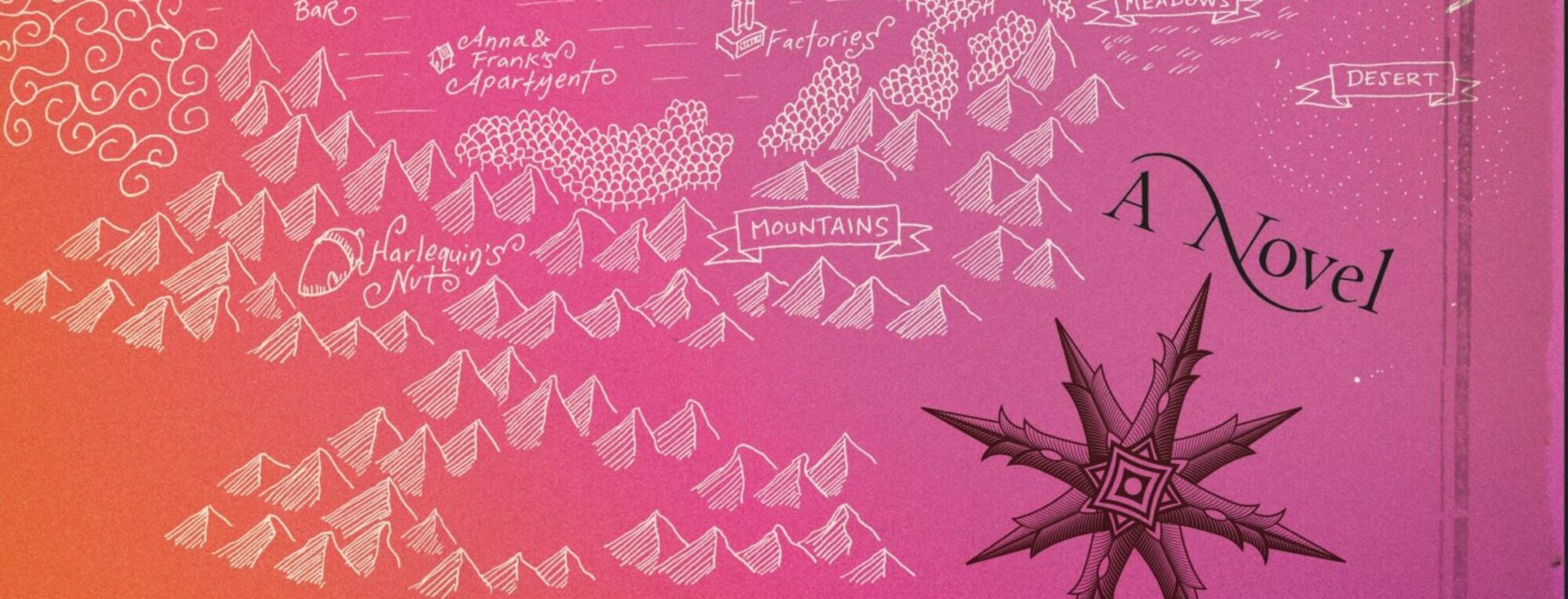
I’ve begun sweating hard on the upper chest and forehead several times a week. It’s only menopause, but I’m imagining I’ve become a transgender man and am suddenly staggering and shaking with the amp-force of testosterone. Women who have actually transitioned into men have said they felt like they were going through a second adolescence, and I feel like that, haggard, hamhanded and stapled into 780 volts of something electric I cannot understand.
Weird pustules popping out on my face. Itchy, literally and figuratively. Bursting out of my skin, like a werewolf. I dreamt I was at a conference and wound up having sex with my roommate at the conference hotel, a fictitious gay male friend. In the dream, he was a kind of gay man who is a sort of icon for me, bearded, curlyheaded, sexy, smart, activist. Teddy-bear-like, and smiling at me from the other queen-size bed. Fiendishly energetic and productive.
My roommate was also gregarious and kind, and our sex was friendly, funny (“Who’d ‘ve thought I’d wind up having sex with you! I haven’t seen a penis since 1980!”) and surprisingly fun.
“But I always knew sex with you would be really, really special.”
So who was this gay man? I was kind of frightened of the dream (I am a lesbian happily married to another woman) and spoke to my therapist about it. She said, “Do your dreams normally come true exactly literally the way it happens in the dream?”
“No.”
My therapist is gnomic — although she does not look like a gnome — she’s short, like me, but not masculine in the slightest, although she’s about 10 years older than me and therefore postmenopausal almost certainly. A crone, by the mythic definition at least. A little frilly — she likes florals, wears hose — but not a femme fatale either, thank God, because that would terrify me in a psychotherapist.
“I like to think of every character in a dream as being part of the dreamer. Because who else would they be if not you?”
Who would they be?
“My lost brother.” The thought comes to me (I’ve never had a brother in the waking world), and at the same time the dream man looks just a little like my old editor H. who, balding, sweaty and fat but bearded and mustached, could burrow through any obstacle whatsoever with the sheer force of his energy. Let me be perfectly clear about this: I hate H. But when he was my editor I was telling him all the time that he was like a second father to me. (For all my hatred, it was true.) He never seemed particularly pleased to hear it. Still, the man was productive.
The dream man was far nicer and far cuter, but with a similar power as my mentor. The poet Denise Levertov wrote about him once without knowing that was what she was doing:
“the flowerlike
animal perfume
in the god’s curly hair”
My dream guy’s hair denoted animal powers — almost the “animal spirits” of the stock market — a sort of mammalian joy in what was possible, what could be done, in the work that could be accomplished. There was an “agricultural” sense to him, like a Wagyu that longs to plow the field. Brown and Taurean, beaming sweetly under his horns, able to give because so gay and empowered.
Able to love because of the enormous cord of muscle on his chest.
Stamping down the floor.
Tenacious. I have been tenacious but not in as entire a way as this man. Not in as direct a way as this man.
Just seeing my 48-year-old face in the mirror, trying to find a way not to see it simply as fat, exhausted, lined.
His face my face. Not so bloody different. I happen to be a Taurus, too. My hair is naturally brown. I make things I love, and I still love them after I have made them. I love to make love, and I still love my wife after I have made love to her.
“Power becomes you,” my first therapist once said to me. And, though I’m not transgender, I pretty much always have identified as a boy, but a weak boy. A boy of fluff, a boy not as confident as his actual powers would suggest, a boy afraid to use his core of fire. This man in my dream was different not so much by being male, but by being a man.
And indeed now I am faithful, as I never was. For I am not changeable anymore. I am myself all the way through — I know what I am, every piece good and bad, and I will not shatter or crack.
This has nothing to do with the blood no longer soaking my uterus every month, and everything to do with awakening from a delusion.
I find my Self inside me suddenly like a dragon of all genders, flexing its green limbs, coiling and uncoiling wings and legs and slow-raised eyelids, glancing softly at the world. Long eyelashes batting, webbed talons raking the black soil, look of love.
(c) Donna Minkowitz 2012
Like this:
Like Loading...









